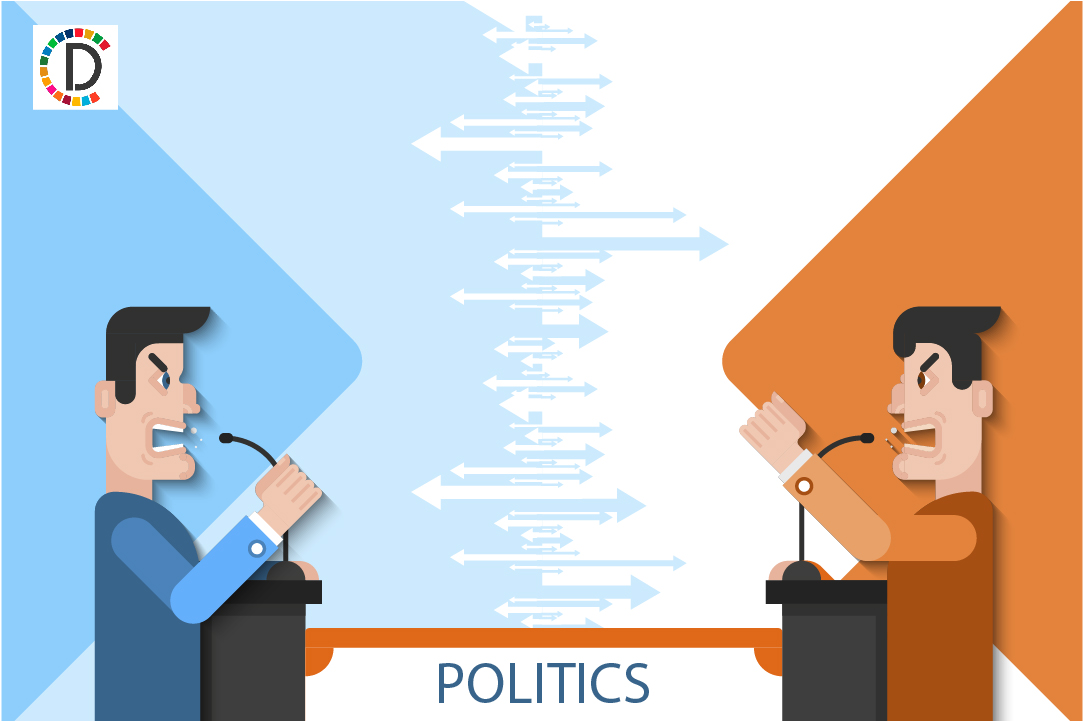Jury convicts four Oath Keepers of seditious conspiracy for roles in Jan. 6 U.S. Capitol attack
The verdict marks the end of the second major sedition trial against members of the extremist group, who were among the hundreds who attacked the Capitol in an unsuccessful attempt to prevent Congress from certifying Democrat Joe Biden's victory over Trump, a Republican, in the 2020 presidential election. The 12-member jury found Oath Keeper members David Moerschel, Joseph Hackett, Roberto Minuta and Edward Vallejo guilty of seditious conspiracy.

A jury on Monday convicted four members of the far-right Oath Keepers group of seditious conspiracy, handing the Justice Department another major victory in its quest to prosecute supporters of then-President Donald Trump who stormed the U.S. Capitol on Jan. 6, 2021. The verdict marks the end of the second major sedition trial against members of the extremist group, who were among the hundreds who attacked the Capitol in an unsuccessful attempt to prevent Congress from certifying Democrat Joe Biden's victory over Trump, a Republican, in the 2020 presidential election.
The 12-member jury found Oath Keeper members David Moerschel, Joseph Hackett, Roberto Minuta and Edward Vallejo guilty of seditious conspiracy. All four were also found guilty of other felony and obstruction charges.
Seditious conspiracy is a rarely prosecuted Civil War-era law that prohibits plotting to overthrow or destroy the government and carries up to 20 years in prison. A jury found Oath Keepers founder Stewart Rhodes and another Florida-based leader of the group guilty of seditious conspiracy in a separate trial in November.
Three other members were found not guilty of that charge, but all five defendants in that trial were found guilty of obstructing Congress from certifying the election. Prosecutors have brought criminal charges against more than 950 people following the assault. Four people died during the chaos, and five police officers died of various causes after the attack.
U.S. District Judge Amit Mehta split the Oath Keepers seditious conspiracy case into two separate trials due to space limitations and the risks of COVID-19 contagion. In both trials, Rhodes' fiery rhetoric and inflammatory statements about "civil war" and "bloody war" took center stage, with prosecutors saying the other members were inspired to carry out his vision.
A third seditious conspiracy trial against five members of the Proud Boys, another right-wing militant group, is ongoing. Jurors heard testimony and evidence in the second Oath Keepers case for several weeks.
None of the four defendants played major leadership roles in the organization, and their attorneys have said there is no evidence they plotted to block the certification of the election. On the day of the attack, Moerschel, Hackett and Minuta all entered the Capitol clad in tactical gear.
Prosecutors said Minuta, who led a group of several Oath Keepers into the Capitol and clashed violently with police, all the while screaming it was "their building." Vallejo was accused of staying back at a hotel in Northern Virginia, where the Oath Keepers staged a "quick reaction force" that prosecutors said was equipped with firearms ready to be quickly transported into Washington.
"The defendants could not let the election stand," federal prosecutor Louis Manzo said in closing arguments on Wednesday. "They could not let Biden come to power." The trial featured testimony from law enforcement officials and from several fellow Oath Keepers who had previously pleaded guilty to other crimes in connection with the Capitol attack.
One group member, Caleb Berry, testified that "we were going to try to stop the vote count" when they decided to breach the Capitol. Brian Ulrich, another group member who pleaded guilty previously to seditious conspiracy, told the jury he too wanted to stop the vote count, adding there was "no other reason to go into that building at that point."
(This story has not been edited by Devdiscourse staff and is auto-generated from a syndicated feed.)










